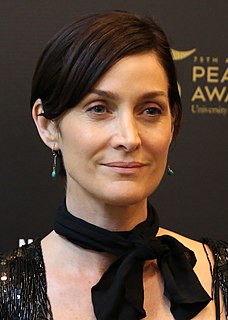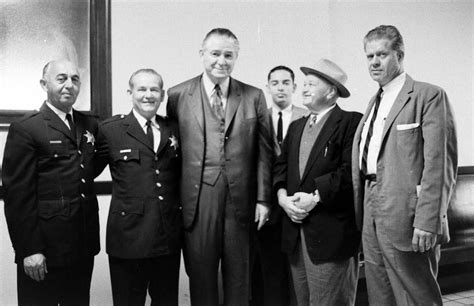A Quote by Kim Bodnia
I never judge the characters I'm asked to play, and I don't need to feel that they are a part of me.
Related Quotes
Never say never - and I certainly don't judge anyone who does it. But most of the characters I play are going through some kind of emotional turmoil, so my job requires me to have expression. If my face was froze, what right do I have to play that part? All the women who haven't done anything to their faces are still able to play great roles. And some of the ones who have done something have messed it up - they look freakish. Anyway, for me it's about playing women with rich lives - and the longer the life, the deeper the wrinkles.
I've never been impressed with bureaucratic tradition. I don't like it when the parties come to me and say, 'This is the way that it's always done, judge.' I never found anything in the oath I took or the statutes I was asked to look at that said, 'Judge, stop thinking, because this is the way it was done before.'
The first thing, when I read the script, is that I need to care about what happens and feel compelled by the story and engaged by the characters. It needs to resonate with me, even if what the characters are going through is not something that I have experienced in my life. I have to feel like it has some sort of meaning to me.
I'm often asked why there is such a great variation among sentences imposed by Texas judges. I can only quote the Texas judge who was asked why a killer sometimes doesn't even get indicted and a cattle thief can get ten years. The judge answered: "A lot of fellows ought to be shot, but we don't have any cows that need stealin".
For the most part, my characters don't talk to me. I like to lord over them like some kind of benevolent deity. And, for the most part, my characters go along with it. I write intense character sketches and long, play-like conversations between me and them, but they stay out of the book writing itself.


































